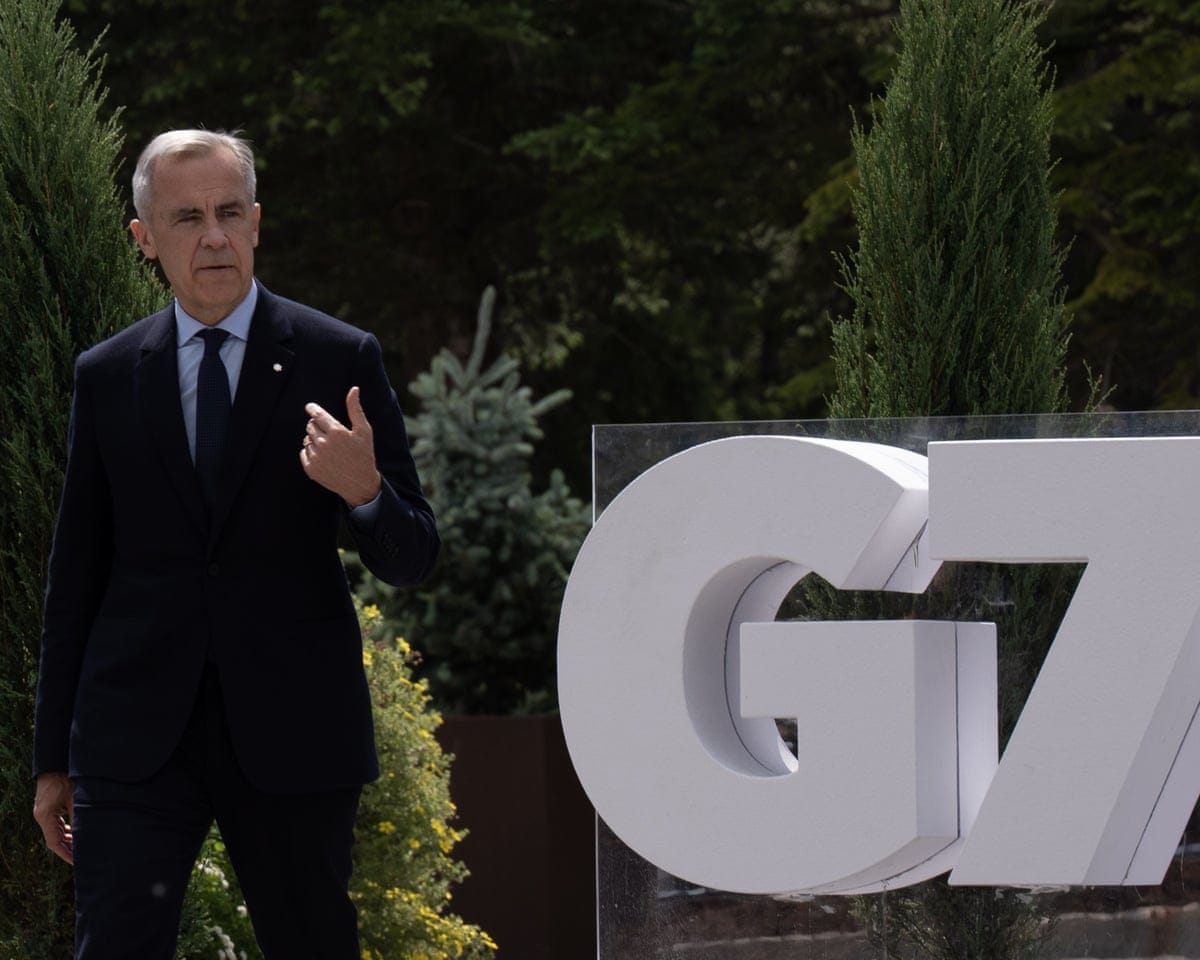The US Treasury has struck an agreement with other G7 nations, ensuring that previously established global minimum tax rules will not apply to American firms. The G7 governments yielded to strong pressure from former President Donald Trump and lobbying efforts by multinational corporations in Washington, London, Brussels, and elsewhere—much like India and, more recently, Canada, which backed down on digital taxation policies.
Years ago, global leaders acknowledged that many large corporations were not paying adequate taxes, often avoiding contributions in the countries where their economic activity took place. The broad agreement reached in 2021 under the OECD/G20 Inclusive Framework on Base Erosion and Profit Shifting included two components, but only Pillar Two—a worldwide minimum corporate tax—was implemented. (The other measure, which distributed taxation rights among nations, faced resistance from developing countries and the US.)
Though flawed, Pillar Two was a key effort to impose a 15% minimum tax on multinational profits globally, curbing harmful tax competition between nations. Some exemptions reduced the effective rate below 15%, while many developing countries already imposed higher rates—meaning the minimum should have been stronger. Still, the deal prevented a damaging race to the bottom in corporate tax rates, where countries slashed taxes to attract businesses. This competition rarely resulted in substantial new investment; instead, it mainly benefited large corporations that avoided taxes entirely in certain jurisdictions.
Yet once again, G7 leaders have prioritized multinational corporations over developing nations, small businesses (which lack the resources to exploit tax loopholes), and their own citizens—who may now face higher taxes. By excluding US firms from Pillar Two, the deal permits some companies to continue paying little or no tax on profits reported in low-tax areas such as Puerto Rico and the Cayman Islands, giving them an advantage over non-US competitors.
Since multinational companies frequently shift their official headquarters to secure tax advantages—while their real operations remain elsewhere—this preferential treatment for US firms encourages further corporate relocations. This undermines the original purpose of the tax agreement: to create a fairer system where companies contribute their share, no matter where they operate. Instead, the latest deal reinforces inequities, favoring US firms at the expense of broader economic balance.
Read next

Ryanair plane had only six minutes of fuel upon Manchester landing, records show
Flight Narrowly Avoids Disaster After Storm Diversion
An inquiry has been launched after a Ryanair flight, struggling against severe winds during storm Amy last week, landed at Manchester Airport with only six minutes’ worth of fuel remaining.
The aircraft had been transporting passengers from Pisa, Italy, to Prestwick, Scotland, on

"Qantas customer data for 5 million exposed as hackers release info post-ransom deadline"
Hackers Leak Personal Data of 5 Million Qantas Customers on Dark Web
A cybercriminal group has released personal records of 5 million Qantas customers on the dark web after the airline did not meet their ransom demand.
The breach is part of a larger global incident affecting over 40 companies,

Investors flee record-high UK stocks as EU set to hike steel tariffs
Investors Withdraw Record Sums from Equity Funds Amid High Market Valuations
Data reveals that investors in the UK have withdrawn an unprecedented amount of money from equity funds over the past three months, driven by concerns over soaring stock market valuations.
According to the latest figures from Calastone, the largest

